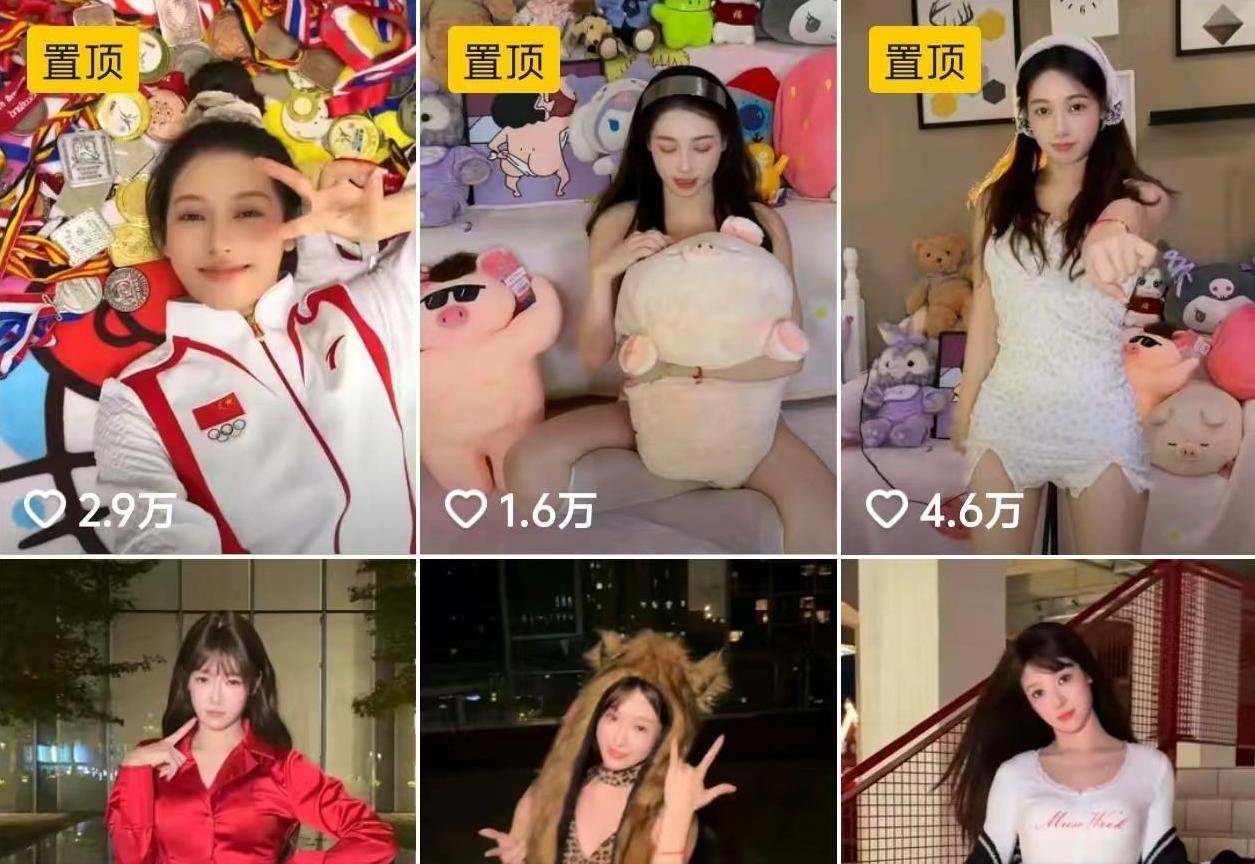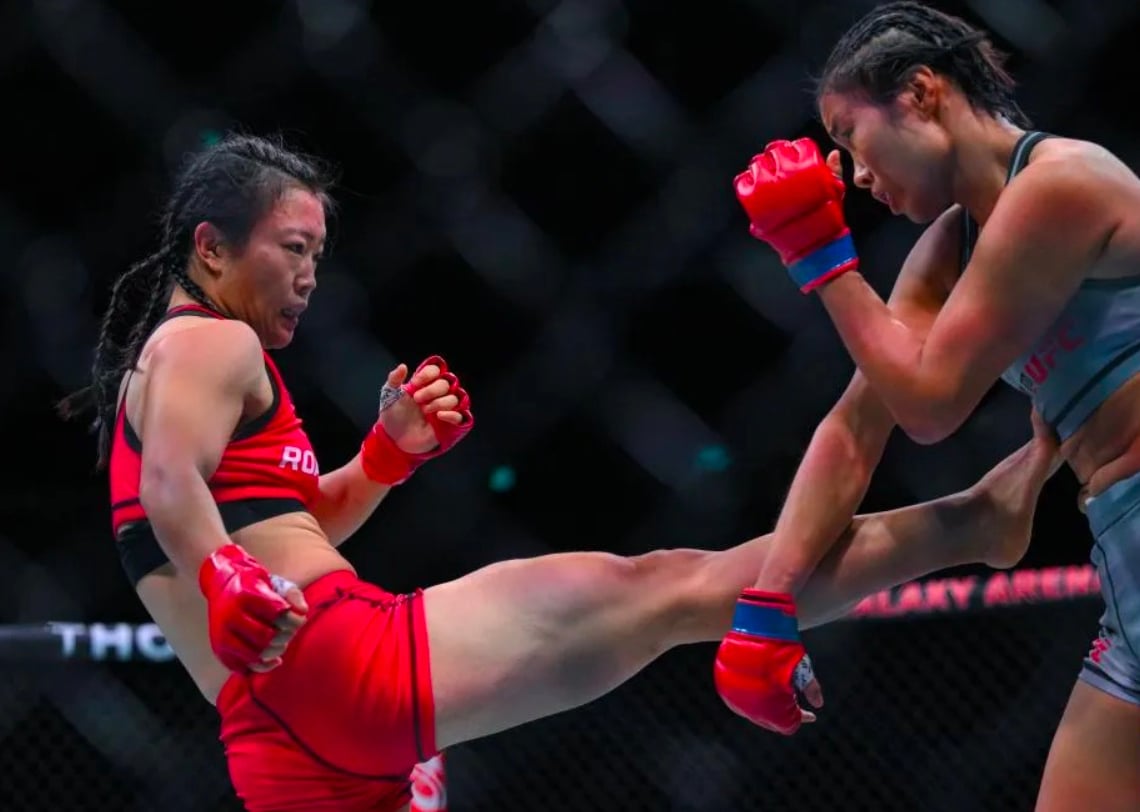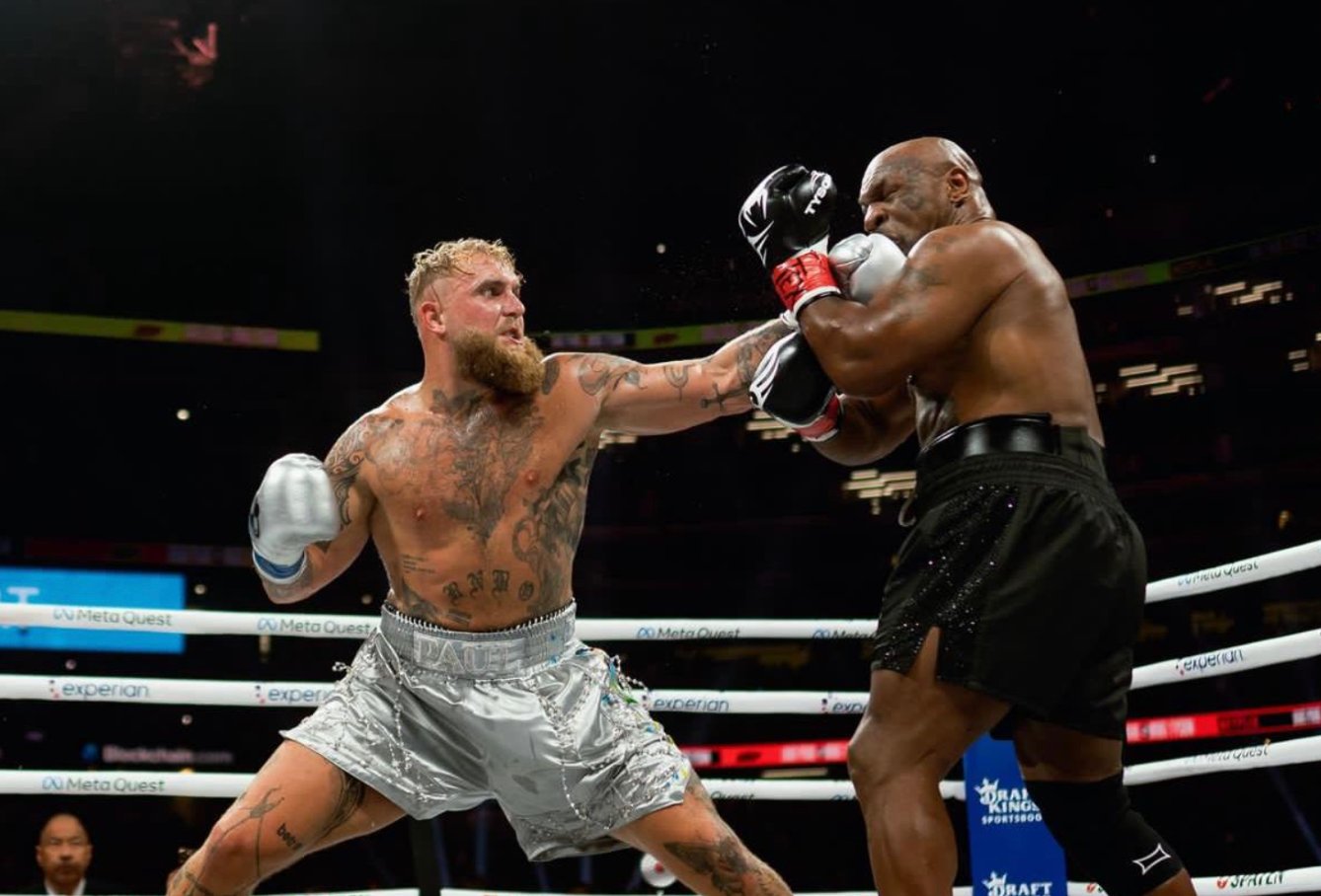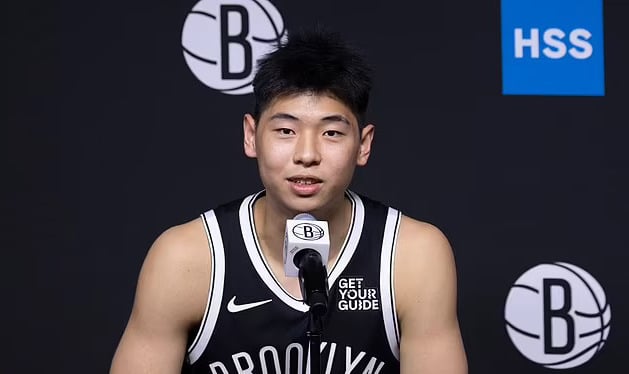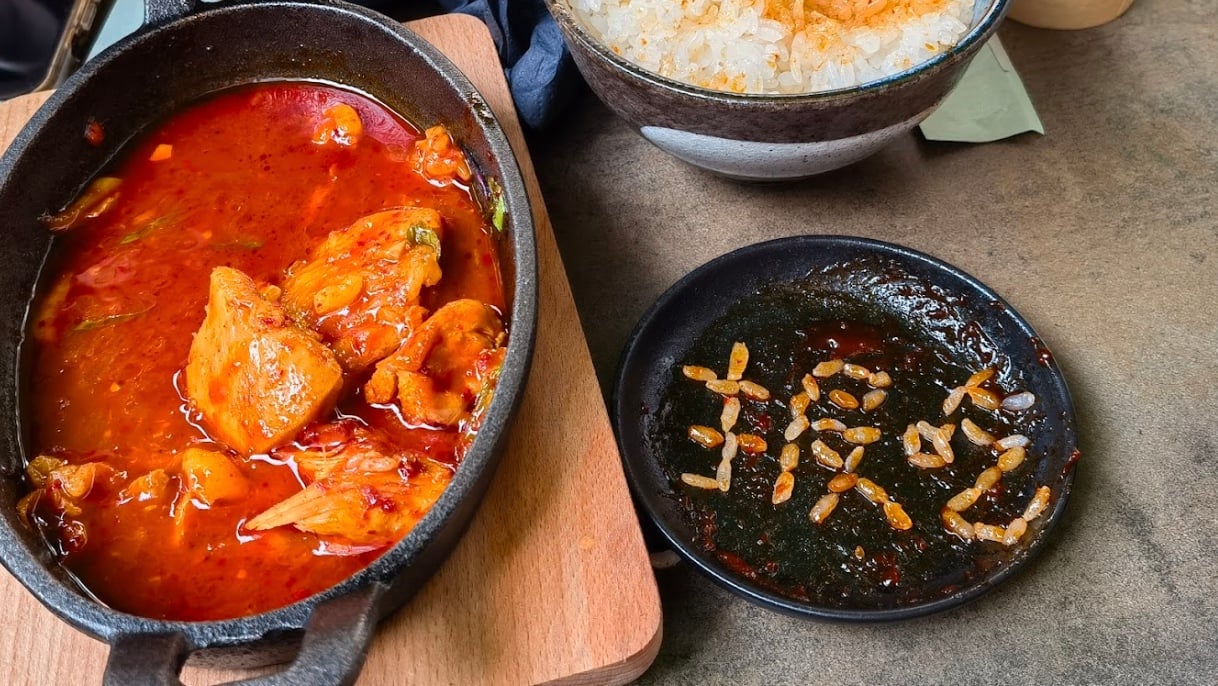Wu Liufang, a former elite Chinese gymnast who is currently 29 years old, is making headlines not for her athletic prowess but instead due to a series of dance videos she has shared on popular short-video platform Douyin, whose parent company ByteDance operates TikTok overseas. Originally known for exceptional performances during her gymnastics career, Wu claimed gold on balance beam and floor at the 2010 Doha World Cup, along with silver in uneven bars. She also secured a beam gold at the 17th Internationaux de France in 2010, before eventually retiring in October 2013.
More than a decade later, her contemporary dances in stylish outfits have sparked sharp criticism from the public, including former Olympic champion Guan Chenchen. Guan shared her dissatisfaction with Wu’s content by commenting that she shouldn’t “damage the image of gymnastics” and that she is “crossing the line.” The interaction caused drama between the two, with Wu retaliating by describing Guan as having “sour grapes.”
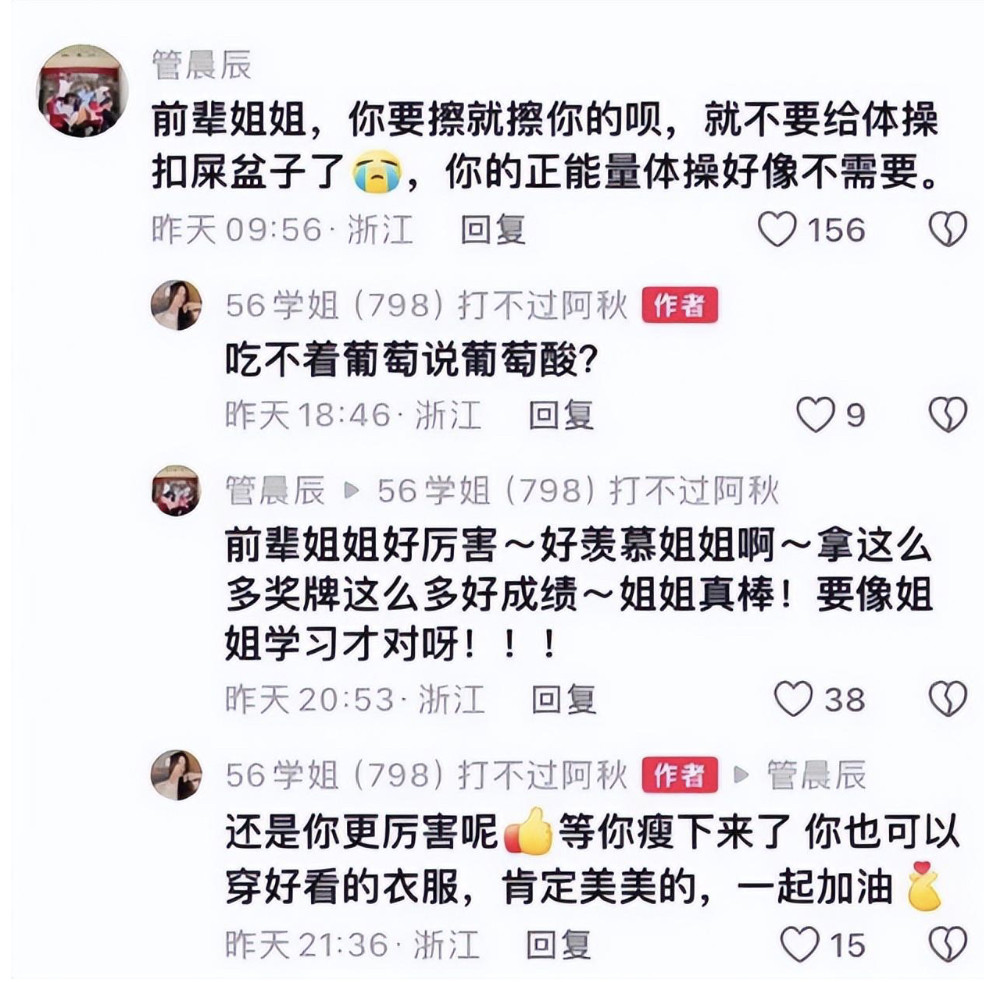
However, Wu also has her supporters, including Xiaohongshu user kera, who defended her choices by stating “As long as it is not illegal, there is no problem. She is indeed a gymnastics champion, so it is not wrong. In fact, she worked hard when she was an athlete. After retiring, she just found the secret of traffic flow [on Douyin] and made money on her own. It is not shameful!”
Indeed, Wu’s transition from gymnastics to Douyin influencer has been unconventional but by no means illegal. After retiring from competitive sports, she turned to social media to explore her creative side, amassing a significant following for her dynamic, dance-filled content. However, her decision to embrace a glamorous, confident — and some might say, sexually provocative — image has sparked debate, particularly as she diverges from the traditionally reserved public personas of former athletes in China.
Eventually, this entire situation led Wu to live stream a public apology in which she shared that she feels she cannot express herself well with words, but wants to spread joy through dance. She also stated that she feels remorse for the time and public resources wasted by her argument with Guan.
Despite her apology, the problem still intensified rapidly, and by November 26, the majority of her videos had been taken down from Douyin. Her account was also banned from accepting new followers due to her content breaching community standards. Even so, Wu still has around 2.6 million followers on Douyin.
Controversy over Wu’s dance moves provides a potent example of how in today’s digital age, platforms like Douyin act as amplifiers for both praise and criticism, making it challenging for individuals to balance self-expression and societal expectations. Wu’s journey serves as a poignant reminder of this tension, sparking conversations about how women deserve the freedom to explore life beyond their past roles without being subjected to undue judgment. Moreover, her story underscores the need for cultural change — toward a society that embraces diverse forms of personal reinvention and celebrates individuality, particularly as more women take charge of their narratives in the digital era.
Banner image via iNEWS.

